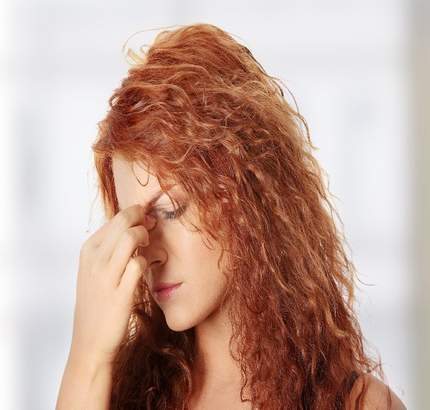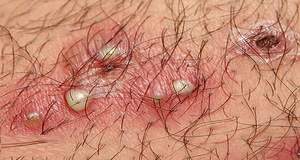What is Sinusitis
Sinusitis is an inflammation, or swelling, of the tissue lining the sinuses. Normally, sinuses are filled with air, but when sinuses become blocked and filled with fluid, germs (bacteria, viruses, and fungi) can grow and cause an infection.
Conditions that can cause sinus blockage include the common cold, allergic rhinitis (swelling of the lining of the nose), nasal polyps (small growths in the lining of the nose), or a deviated septum (a shift in the nasal cavity).
There are different types of sinusitis, including:
- Acute sinusitis: A sudden onset of cold-like symptoms such as runny, stuffy nose and facial pain that does not go away after 10 to 14 days. Acute sinusitis typically lasts 4 weeks or less.
- Subacute sinusitis: An inflammation lasting 4 to 8 weeks.
- Chronic sinusitis: A condition characterized by sinus inflammation symptoms lasting 8 weeks or longer.
- Recurrent sinusitis: Several attacks within a year.
What are the Symptoms of Acute Sinusitis?
Symptoms of acute sinusitis include:
- nasal congestion
- thick, yellow, or green mucus discharge from the nose
- sore throat
- a cough (usually worse at night)
- drainage of mucus in the back of your throat
- headache
- pain, pressure, or tenderness behind your eyes, nose, cheeks, or forehead
- earache
- toothache
- bad breath
- reduced sense of smell
- reduced sense of taste
- fever
- fatigue
Who Gets Sinusitis?
About 37 million Americans suffer from at least one episode of sinusitis each year. People who have the following conditions have a higher risk of sinusitis:
- Nasal mucous membrane swelling as from a common cold
- Blockage of drainage ducts
- Structural differences that narrow the drainage ducts
- Nasal polyps
- Conditions that result in an increased risk of infection such as immune deficiencies or taking medications that suppress the immune system.
In children, common environmental factors that contribute to sinusitis include allergies, illness from other children at day care or school, pacifiers, bottle drinking while lying on one’s back, and smoke in the environment.
In adults, the contributing factors are most frequently infections and smoking.
How Is Acute Sinusitis Treated?
Most cases of acute sinusitis can be treated with home treatments, which include:
- a moist, warm washcloth held over your sinuses to loosen congestion
- a humidifier to loosen congestion
- saline nasal sprays, used several times a day to clear your nasal passages
- drinking plenty of fluids in order to thin mucus
- over-the-counter nasal corticosteroid sprays, such as Flonase or Nasonex, to reduce sinus inflammation
- over-the-counter decongestants, such as Sudafed or Actifed, to dry up mucus
- over-the-counter pain relievers, such as Advil, Tylenol, or Motrin, to relieve sinus pain
- sleeping with your head elevated to encourage your sinuses to drain


















